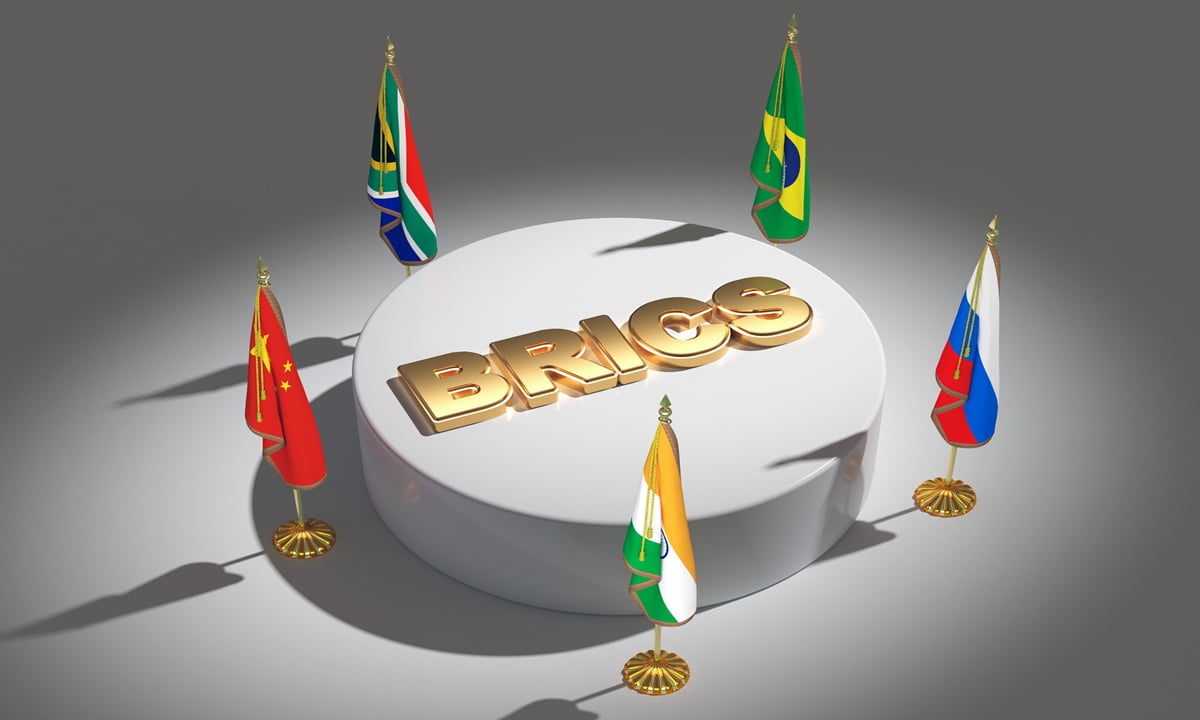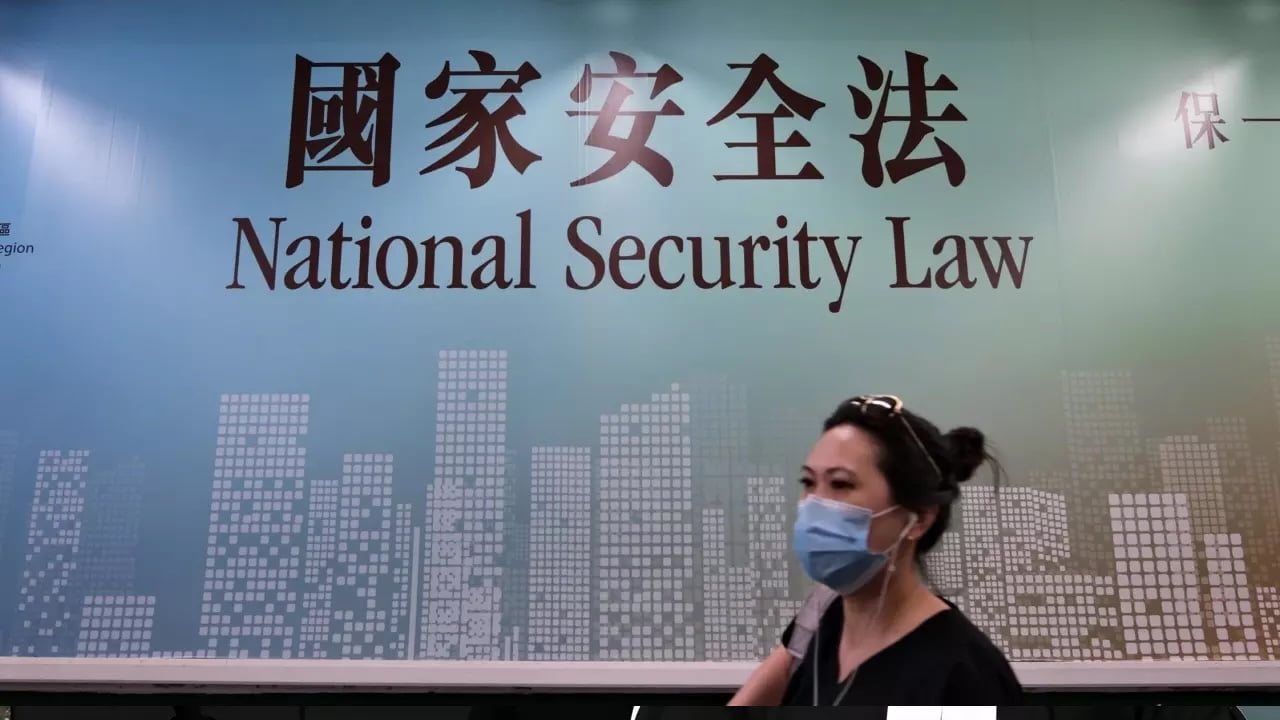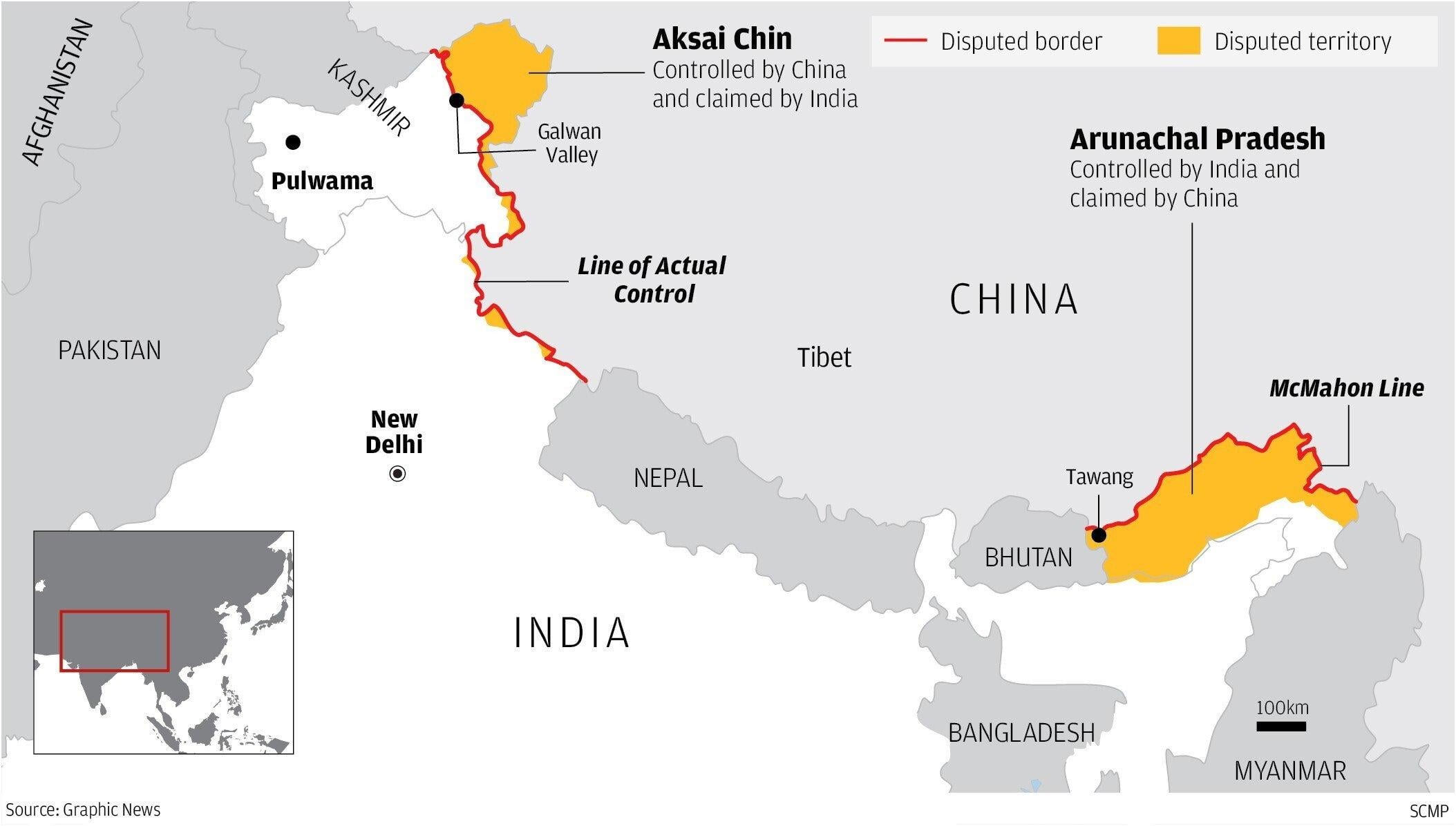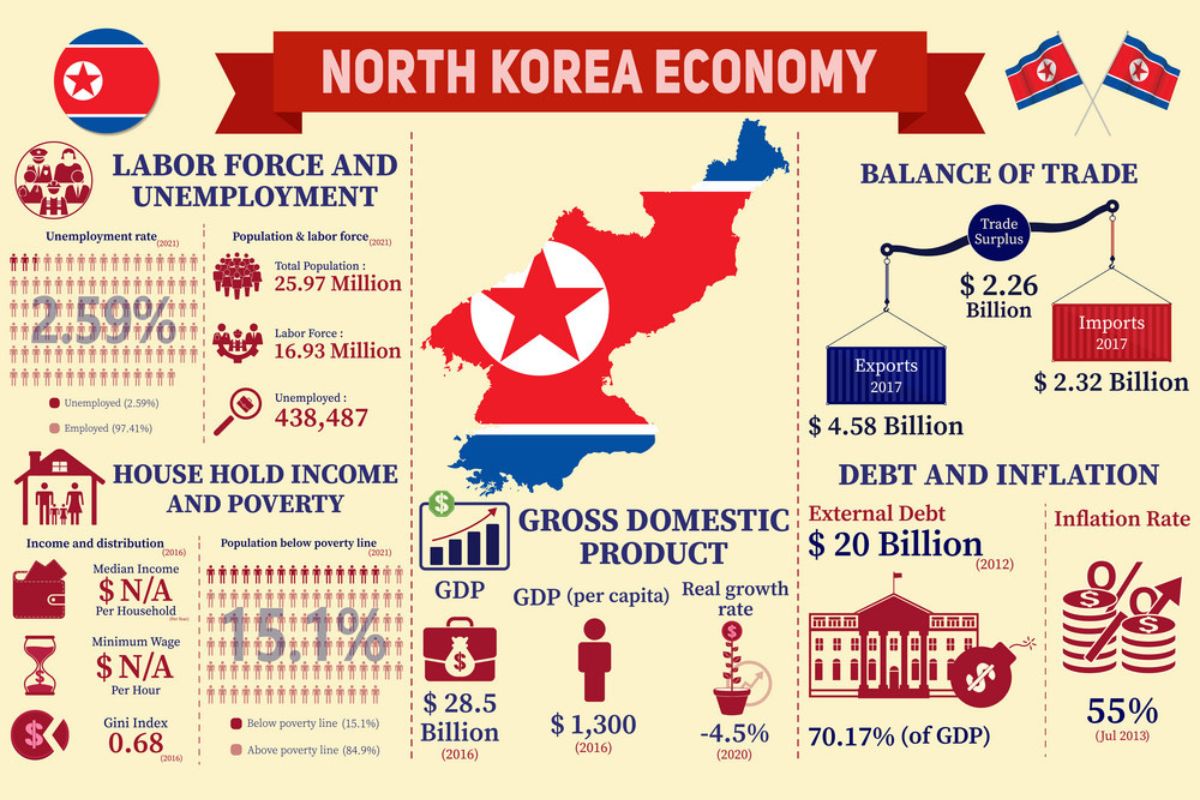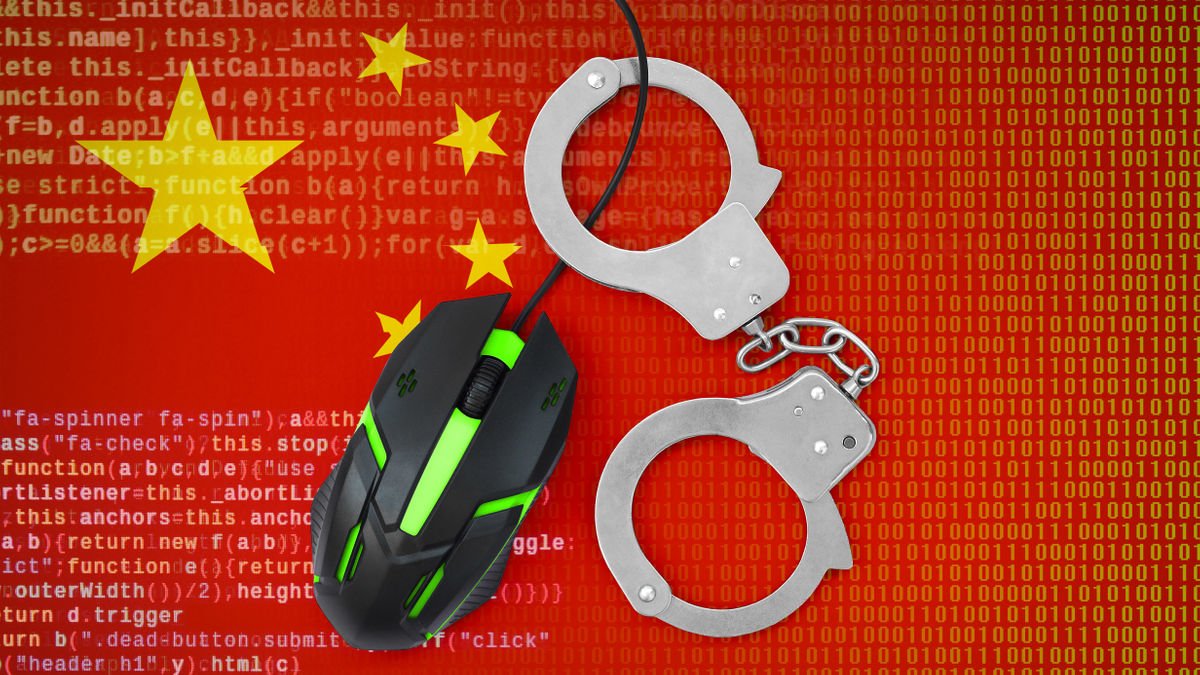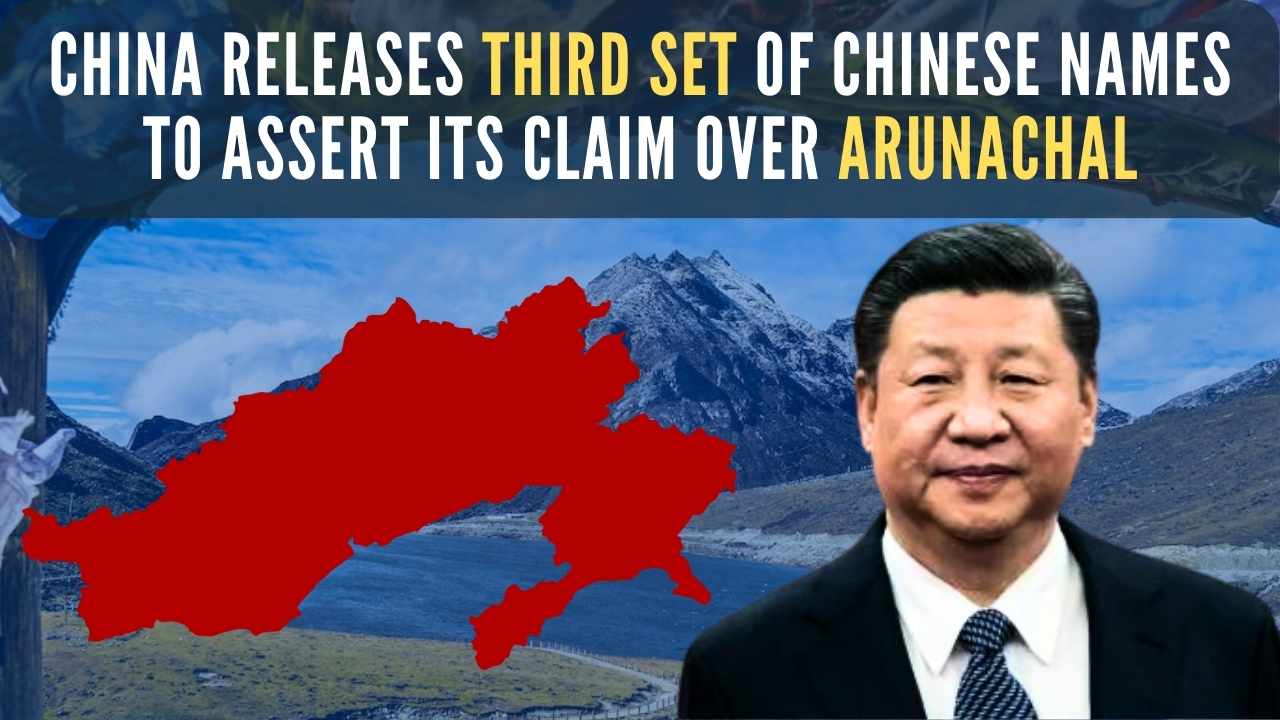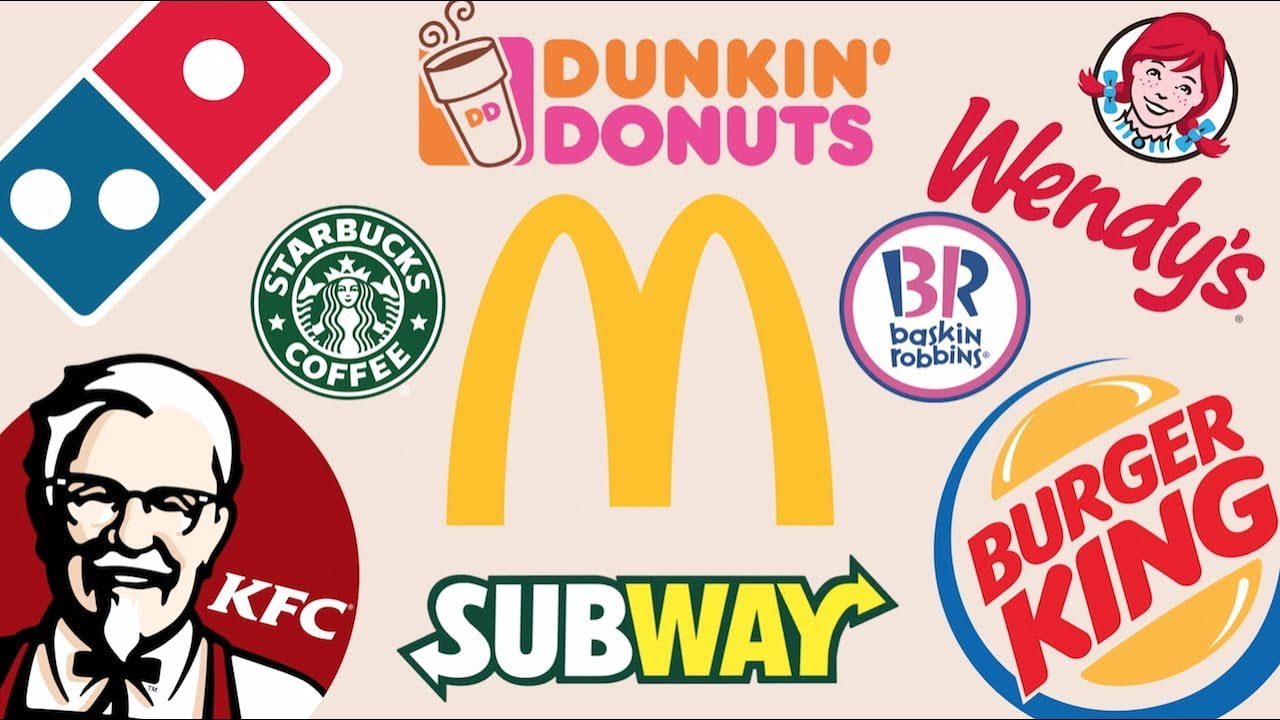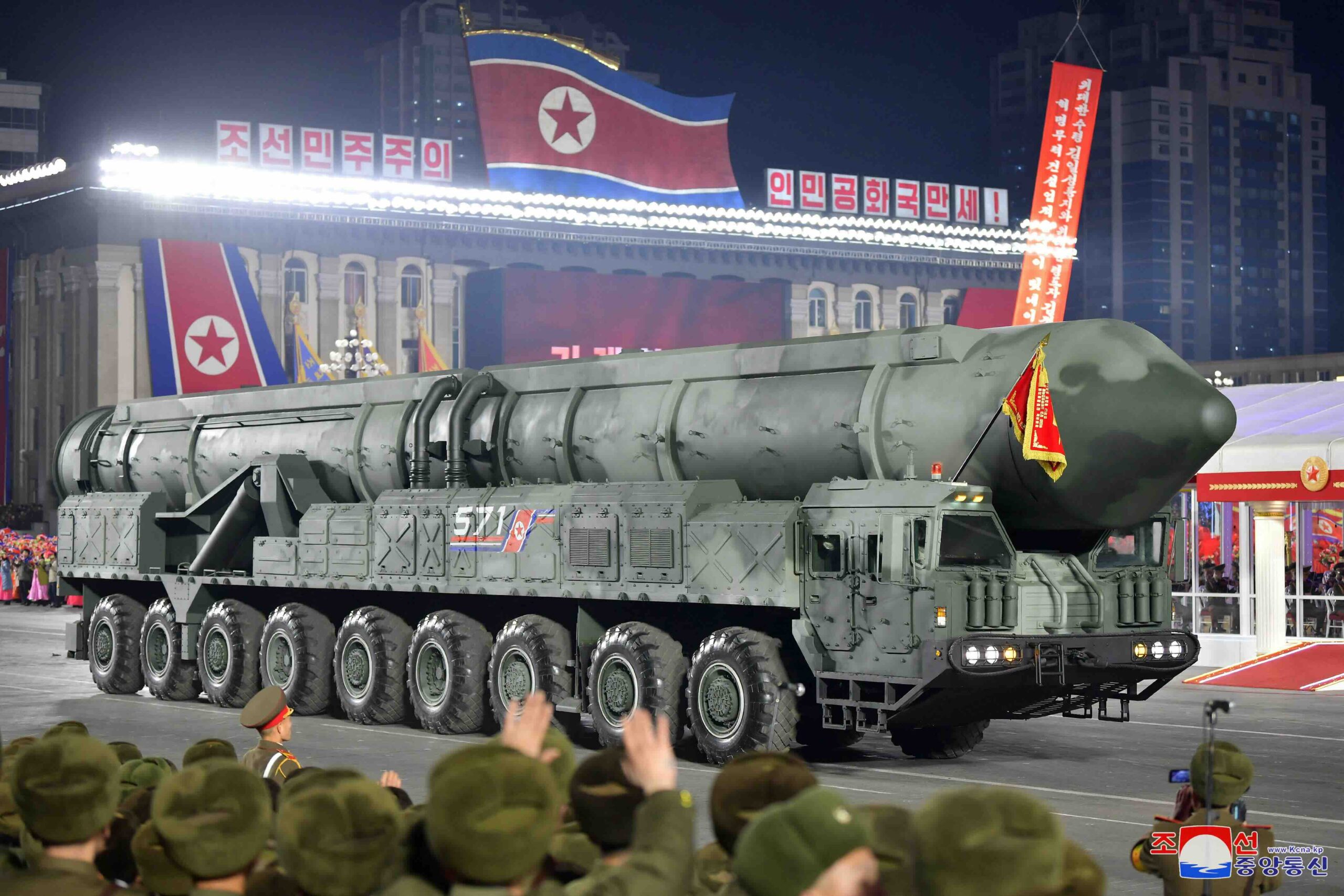I noticed that many people who refer to Israel as an apartheid state use the term to describe all of Palestine, including the State of Israel, the West Bank, and Gaza, instead of addressing each part separately. I believe that focusing on each part individually is the best strategy, as the West Bank and Gaza have their own respective authorities and government institutions. It would be unfair to lump them together with Israel. When we consider Israel, there are no signs or indications of apartheid aside from the inflammatory language used by some Knesset members. All citizens, whether Arab or Jewish, are free to do as they please. Similarly, in Gaza, in the absence of any Israelis, it is impossible to speak about apartheid.
Author: TheViyug
BRICS is the Cure for Bitterness between India and China
BRICS (Brazil, Russia, India, China, and South Africa) is one of the major platforms of the five emerging economies, aiming at promoting peace, security, inclusive development and cooperation. The platform represents 43% of the world’s total population and 30% of the global Gross Domestic Product (GDP). Since its establishment against the backdrop of the 2008 global financial crisis, as a potential alternative to G7 platform. The BRICS has grown substantially as an effective platform to articulate views of countries in the Global South as at least one country is present from every different continent across the region. Economy, being in focus point of the grouping, the initial decade of BRICS has advanced coordinated policy initiatives in the field of global economic governance.
Hong Kong’s National Security Law and its Potential Impact on Foreign Entities
The new national security law a legislation under Article 23 has been passed in Hong Kong Parliament. This is the second in a row of national security laws since 2020. The legal personnel has feared that the new law shall broaden the scope of defining sedition and state secrets, with tougher penalties for anyone under conviction. The new law encompasses treason, espionage and external interference is being closely watched by foreign businesses. Notably, the most serious offences are sometimes punishable with life imprisonment, convicted of involvement with ‘external forces’.
India’s Arunachal Pradesh or China’s Zangnan?
For a substantial period of time, the border conflicts between India and China have centred around the Indian state of Arunachal Pradesh, which is claimed by China and administered by India. Reflecting the severity of the conflict, following the Sino-Indian War of 1962, both nations have been constantly in conflict with one another. Since then, Beijing has primarily concentrated on using covert warfare techniques to sabotage India’s sovereignty, renaming Indian land, intensifying military buildups in border regions and defying signed pacts, norms & procedures, while the dragon has never faltered in its will to put mounting pressure on New Delhi.
To what extent has North Korea achieved Economic Liberalisation?
North Korea has a communist style of governance, and the role of market allocation schemes is limited. Basically, the country has a centrally planned economy with a total GDP of nearly 20 billion USD. It was expected to reach 21.24 USD billion by the end of 2023 and 25.06 USD billion in 2024. Comparably, North Korea’s GDP is 57 times smaller than that of South Korea’s GDP. The Gross Value Added (GVA) of the country is dominated by agriculture, followed by the manufacturing and construction sectors. North Korea had a similar GDP to its neighbour from the time of the Korean War until of mid-1970s. However, estimating the isolated nation’s GDP is actually a difficult task because of the lack of availability of data.
Is the United States facing a Third World Future?
The United States has long been considered a global superpower and a symbol of prosperity and democracy. However, recent developments and global power shifts towards Asia have raised questions about the country’s standing. As the world’s largest economy, the United States has traditionally been at the forefront of global leadership, championing democratic values and capitalist ideals. However, a closer examination of the country’s current situation reveals a complex picture that warrants analysis.
Chinese Cyber Agents likely to disrupt upcoming Election in India
The report also sheds light on the Chinese cyber actors, who are actively involved in spying and other cyber operations around the world. They have been using AI-generated content to intensify tensions, particularly in the disputed Asia-Pacific region and in the US. One notable group that is known for carrying out such activities is Storm-1376. They have been identified for intensifying their use of AI-generated news reports and memes. These tactics were used during Taiwan’s presidential elections, where they targeted political candidates, including spreading misinformation about William Lai, a candidate belonging to Taiwan’s Democratic Progressive Party, a party that nurtures anti-Chinese sentiments.
China Renames 30 more Places in India’s Arunachal Pradesh
In this issue of China Watch newsletter, the author provides in-depth analysis on; 1) China renaming 30 places in India’s state of Arunachal Pradesh, 2) China set to become World’s largest Airforce, 3) Takeover of Tibet and more.
How Fast Food Chains fuel Food Insecurity?
Today, almost half (44%) of the world’s habitable land is used for agriculture. In the past few decades, the crop yield has also significantly increased due to various factors like improved farming techniques and better seeds. While there is abundance of food production to feed everyone, the problem of food insecurity still persists. Figures estimate that access to healthy food is unaffordable for almost 3.1 billion people worldwide. UN’s FAO defines food insecurity as a situation where “a person is considered food insecure when they lack regular access to enough safe and nutritious food for normal growth and development and an active and healthy life”. The fast-food chains that offer cheap, convenient, calorie-dense meals are one of the key contributors to the food insecurity problem across the globe.
North Korea test fired Intermediate-Range Ballistic Missile
Guns and Bullets is our popular newsletter offering critical intelligence, in-depth commentary and news on current ongoing wars and conflicts around the world. In this issue we have covered “North Korea test fired Intermediate-Range Ballistic Missile” and quick roundup of news.

